No, Meditation does not make you passive.
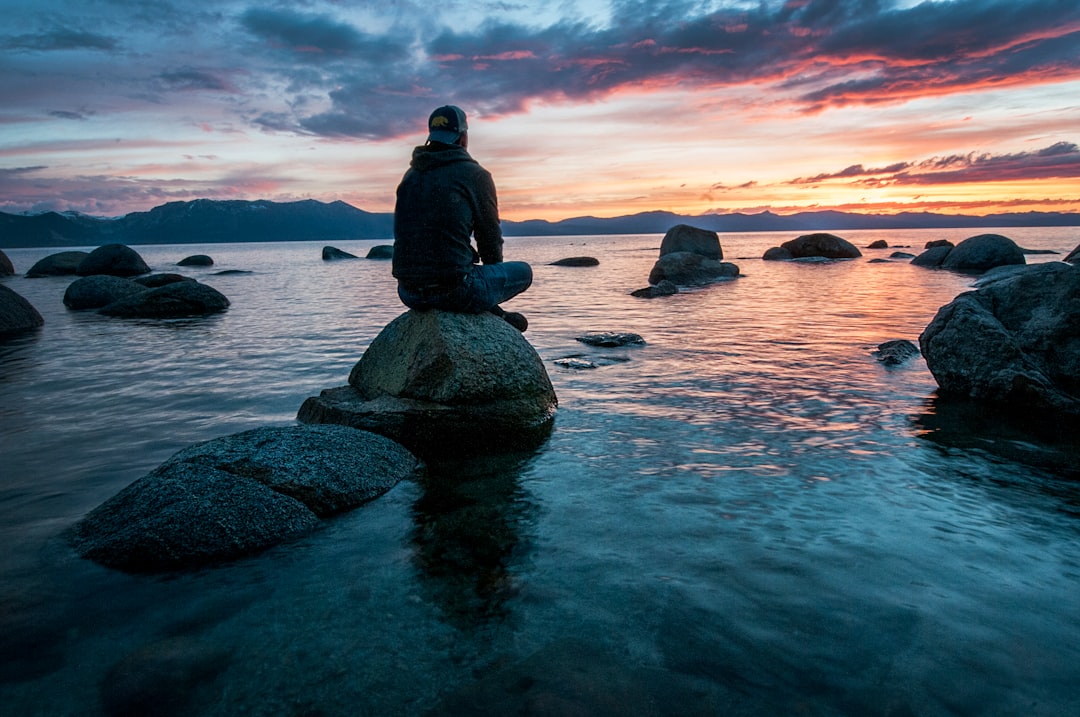
Photo by Keegan Houser on Unsplash
There’s a dark side to mindfulness, they say.
If you detach from your emotions, you won’t feel them, they say.
Everybody will become apathetic if everybody practiced mindfulness, they say.
Studies show that about 8% of individuals react poorly to meditation. In some people, it can actually increase feelings of anxiety and depression. As far as research goes, this bit of knowledge goes back to the ’70s, particularly in 1977 when the American Psychiatric Association recommended studying both the benefits and dangers of meditation.
Although that was published in ‘77, this news is not new. The practice of meditation goes back as far as human history, as far as we know, and is an integral part of many religious and spiritual beliefs. The Buddhist Dharmatrāta Meditation Scripture states that meditation must be carried out properly otherwise the mind can get restless, confused, or unstable.
So what makes people have adverse effects to meditation?
If you've never meditated before, it may be uncomfortable to sit with yourself in such a way that makes you face buried emotions. For those that already struggle with issues like anxiety, depression, or past trauma, finding guidance from a therapist or meditation teacher that knows trauma can be very helpful.
Meditation won’t stop you from experiencing your emotions, but it will help you recognize them and bring awareness to your reactions.
There’s a concept in meditation that you must release your emotions. The myth is that you must always keep your vibration high and in order to do so, you can’t feel all your human emotions.
This is bullshit, imho.
Firstly, we are human. We live in a three-dimensional reality in which emotions are just a part of life. We suffer through grief, heartache, challenges, trauma, all to learn soul lessons that help us to grow and evolve. If you don’t work through these feelings in lieu of pushing them away over feeling them, then are you really gaining the lesson that the hardship is supposed to give you? Probably not.
Non-attachment does not mean avoidance or disconnection.
Certain meditation practices say to become aware of your feelings. If a thought enters your head and causes a reaction of anger in your body, where do you somatically feel that? Becoming aware of how emotions affect us can help us process them in a different way.
If you have unpleasant feelings come up, try practicing self-compassion. Engage with the emotion at a level that is comfortable for you. If it becomes too much, take a step back.
Say you have been practicing meditation for a while and are becoming aware of how certain thought patterns trigger frustration in you.
A situation in life arises where you feel frustrated, and your first reaction is to react angrily. You notice where in your body frustration begins, say as a knot in your stomach or a tightness in your chest. Instead of lashing out at the person who caused that frustration, reacting to it as if it were anger, you can instead communicate that you are frustrated. Make sense?
Managing your expectations.
There are many stories out there about how meditators have had deeply profound spiritual experiences, and while this is true and wonderful, it won't happen to everybody every time.
It's important to let go of what you think you're supposed to be experiencing and allow the meditation to happen for what it is.
I lost three friends last year. Meditation didn’t stop me from feeling grief.
Within 8 months, my husband and I had three close friends die. Two overdoses, one fatal car accident. In between all that, my husband also lost his grandpa. (A year to remember, eh?)
Telling my family, “we had another friend die,” is something that felt painfully surreal at age thirty-two. The sad part is that we both had lost a healthy handful of friends prior to last year, so that kind of grief was no stranger.
I’ll be real with you: Meditation through this was very hard. Sometimes, it went okay. Other times, anger would bubble up. I’d do my best to observe it, to put labels on the feelings it created within my body, only to come out of the meditation and still feel like taking that anger out on my husband, who was already grieving in his own ways.
But I kept showing up to the practice, even when it was hard, even when the feelings were stronger than my ability to “let them pass," or "observe them." I sat with those uncomfortable emotions, and they never really became comfortable.
Feelings don’t always pass so easily. That’s okay. That’s human of us.
Meditation can be about feeling those emotions. As you sit and observe them, be with those emotions. Feel that grief in your body. If you feel like crying, then do so. Meditation is not about suppression.
After a while, I came to that thing they call the acceptance phase. Acceptance doesn’t mean it doesn’t still hurt. From there, meditation got a little easier.
At least at this point in life, the feelings aren’t quite as overwhelming. I can recognize feelings of impatience or worry and let them pass easier than I could the anger and grief from last year.
It doesn’t mean that some days, I don’t come out of meditation and my mind starts spinning a mile a minute with all the things I have to do. But what I can do is take control of those thoughts and feelings, organize them into boxes, choose how and when I want to react, and recognize where those feelings are coming from within me.
If I feel anger, is that anger justified? If I feel frustration, is the frustration just coming from a place of worry? Do I need to be worried? If the worry is just anxiety about things that are out of my control, I am able to let them pass.
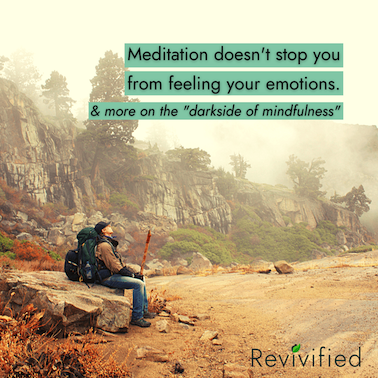
There is not a one-size-fits-all approach to meditation.
One of the reasons meditation doesn't work for some people is that they are led to believe that there is only one way to meditate. They learn from one teacher or one school of thought and only ever try that. When that one technique doesn't work, they throw the baby out with the bathwater.
The basic western approach says start by just sitting still and closing your eyes, observing your thoughts, yadi-ya-ya.
If this works for you, that is fantastic.
If it doesn't feel right or creates a level of discomfort, then this might not be the right method for you.
There are so many ways to meditate...
If that doesn’t work for you, there are other options...
Mantra meditation. A mantra is a sacred word or sound that gives you something to focus your attention on. From a spiritual perspective, sounds and words carry with them vibrations that create shifts within us. "Ohm," is a popular mantra that is used in yoga. Honestly, you can pick your own mantra, as long as it means something to you.
Dance or art meditation. Meditation really just means being present with what you are doing right now. Many people find the benefits of meditation through doing things like art or dance. When you reach that flow state, where time seems to melt away and you are only seamlessly focused on what you are doing, then you've found that sweet spot of meditation.
Paddling meditation. As stated above, meditation just means being present with the current moment. I love nothing more than being in my kayak, at one with the steady rhythm of a lake or river, and here in this space, I find peace.
Meditate on love. Many people who are on a spiritual path find it helpful to meditate on love or a greater power, whether you call it God or the Universe or Creator or Source Energy or something else. Finding a connection to this powerful energy source that lies deep within ourselves can bring new energy to meditation, making you feel connected to something greater than yourself. If you're not into "greater powers," just think about meditating on pure, unconditional love.
Meditation can give you insights if you listen. When you really quiet your mind, settle out of the world around you, there are insights to be found. Don't go into meditation expecting them, just focus on that quiet space, observing your thoughts, and as those insights come, don't judge them. Soon, you'll hear the difference and know when you're receiving the guidance you're looking for.
Meditation opens us up, connects us with our subconscious, and, if you’re open to it, a divine power. Some people meditate to help them make sense of the world around them or to find a break from it. Others meditate to connect to something greater. Whatever your approach is, meditation can connect you to yourself, to something more powerful, and perhaps the many nuggets of wisdom that lie in between.


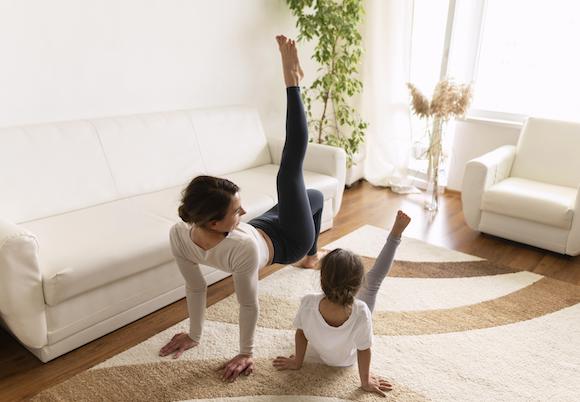

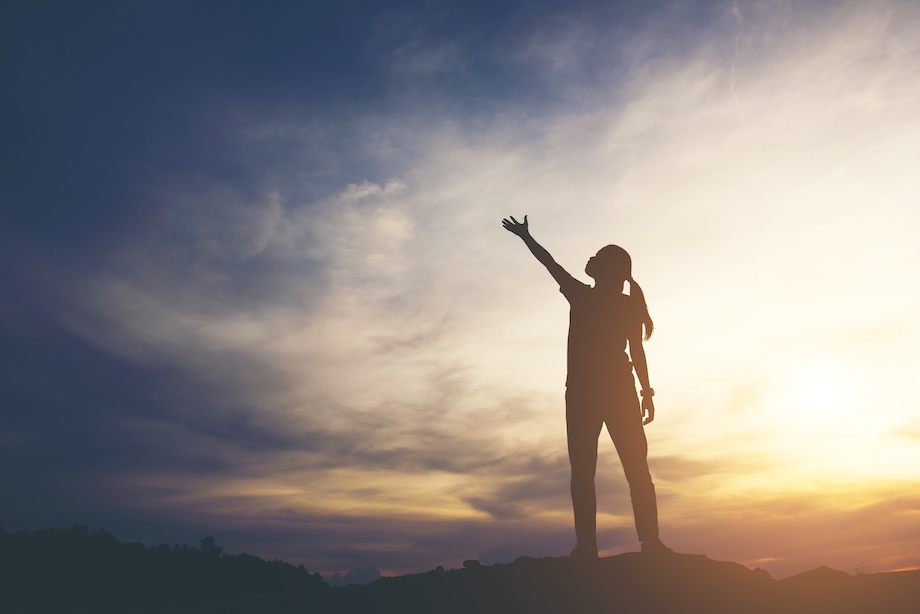




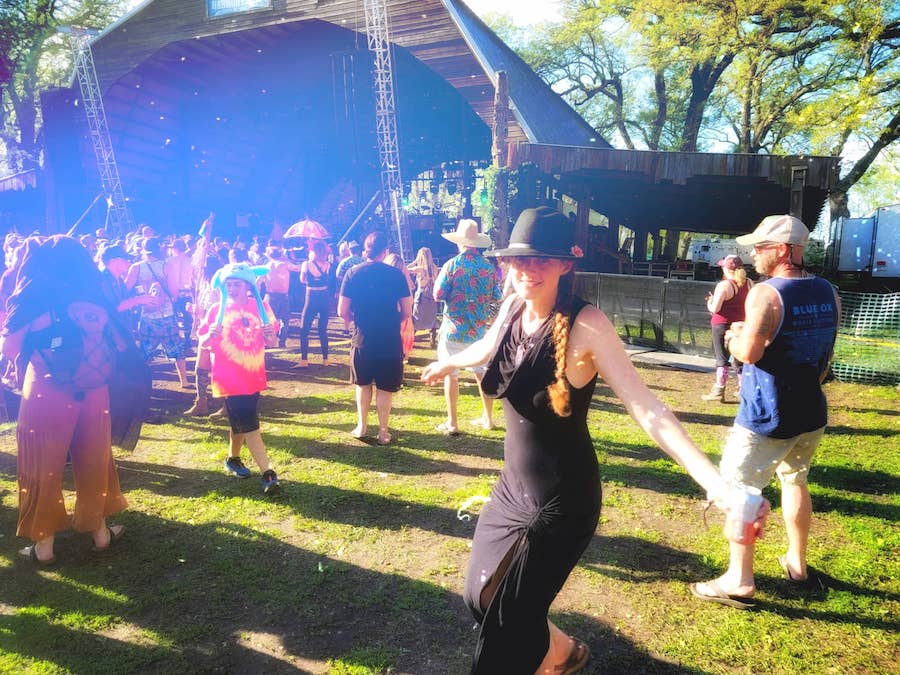


If you enjoyed this article or recipe, please consider giving it a comment! It helps others discover my blog and recipes, and your comments always make my day :) Thank you for your support!
Your email address will not be published. Required fields are marked *